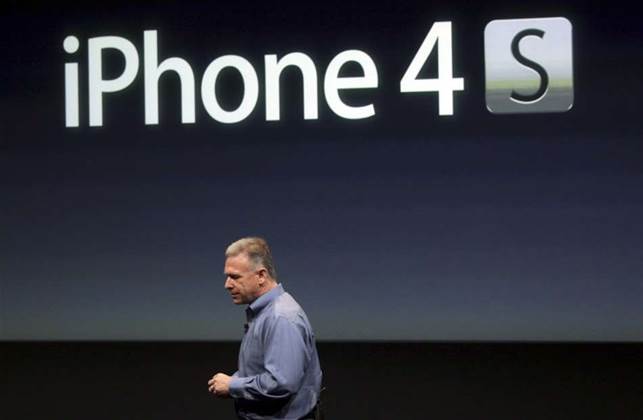Samsung has filed for immediate injunctions on the sale of the iPhone 4S in Australia and Japan, expanding its global counter-attack against Apple.

The Korean electronics giant previously requested injunctions be placed on sales of Apple's fifth-generation smartphone in France and Italy, with claims filed a day after the product was announced.
In the filing, Samsung alleged the iPhone 4S - released last week in Australia - infringed on three of its wireless communication patents including:
- 2006241621 : Method and apparatus for transmitting/receiving packet data using pre-defined length indicator in a mobile communication system (WCDMA)
- 2005202512 : Method and apparatus for data transmission in a mobile telecommunication system supporting enhanced uplink service (HSPA)
- 2005239657 : Method and apparatus for transmitting and receiving data with high reliability in a mobile communication system supporting packet data transmission (HSPA)
The two parties faced a last-minute interlocutory hearing in Federal Court in Sydney today in front of Justice Alan Robertson.
"Apple has continued to violate our patent rights and free ride on our technology," a spokesman for Samsung's global offices said.
"We will no longer stand idly by and will steadfastly protect our intellectual property."
A further interlocutory directions hearing on the latest claim is scheduled for Tuesday.
The fresh claim shares three of the seven patents previously asserted by Samsung as those that Apple had infringed in making and selling the iPhone 3G, iPhone 3G S, iPhone 4 and iPad 2 products in Australia.
A date to hear the cross-claims is yet to be set.
Like its previous claims - and unlike the French and Italian filings - Samsung's argument against the iPhone 4S comes after the device's successful launch in Australia on Friday.
Many Apple stores, telcos and resellers of the device had since sold out of the first shipment of the device.
Mark Summerfield, a senior associate with intellectual property firm Watermark, said Samsung had likely delayed its claim against the smartphone pending a final decision around the injunction.
"It doesn't look good if you're waiting on a decision like that and all of a sudden, you leap on the other party again. They might have felt that might disrupt Justice Bennett's thinking," he told iTnews.
He said Samsung's chances of successfully winning an injunction were reduced due to the phone's launch but that the South Korean manufacturer's claims were so far stronger than the software patents asserted by Apple.
A key matter, according to Germany-based patent blogger Florian Mueller, was whether the patents Samsung had asserted so far in multiple courts around the world fell under fair, reasonable and non-discriminatory (FRAND) use, which protected vital communications patents used in smartphones globally from falling prey to patent litigation.
Samsung appeals tablet injunction
Separately, Samsung filed to appeal Justice Annabelle Bennett's decision on October 13 to grant a temporary injunction on the sale of the Galaxy Tab 10.1 tablet.
Samsung is required to obtain leave of the court to appeal and to indicate an error of law in Justice Bennett's initial decision.
"Samsung will need to persuade the court that it could come to a different conclusion by applying the correct law to the same facts," Summerfield said.
The injunction last week, made after two months of interlocutory hearings, banned sales of the Galaxy tablet until a final hearing date is set, based on claims by Apple that the iPad rival infringed two of its software patents.
A final hearing of the case may not be until at least March 2012, following Samsung's refusal to hear the case in November at Apple's request.
The injunction could effectively kill chances of the Galaxy Tab 10.1 launching in Australia, after Samsung claimed further delays would harm sales opportunities.
Apple had, however, failed in a subsequent attempt last week to vet all future tablets from Samsung before they are launched in Australia.




_(20).jpg&h=140&w=231&c=1&s=0)
.png&h=140&w=231&c=1&s=0)




_(26).jpg&w=100&c=1&s=0)
 iTnews Executive Retreat - Security Leaders Edition
iTnews Executive Retreat - Security Leaders Edition












_(1).jpg&h=140&w=231&c=1&s=0)



